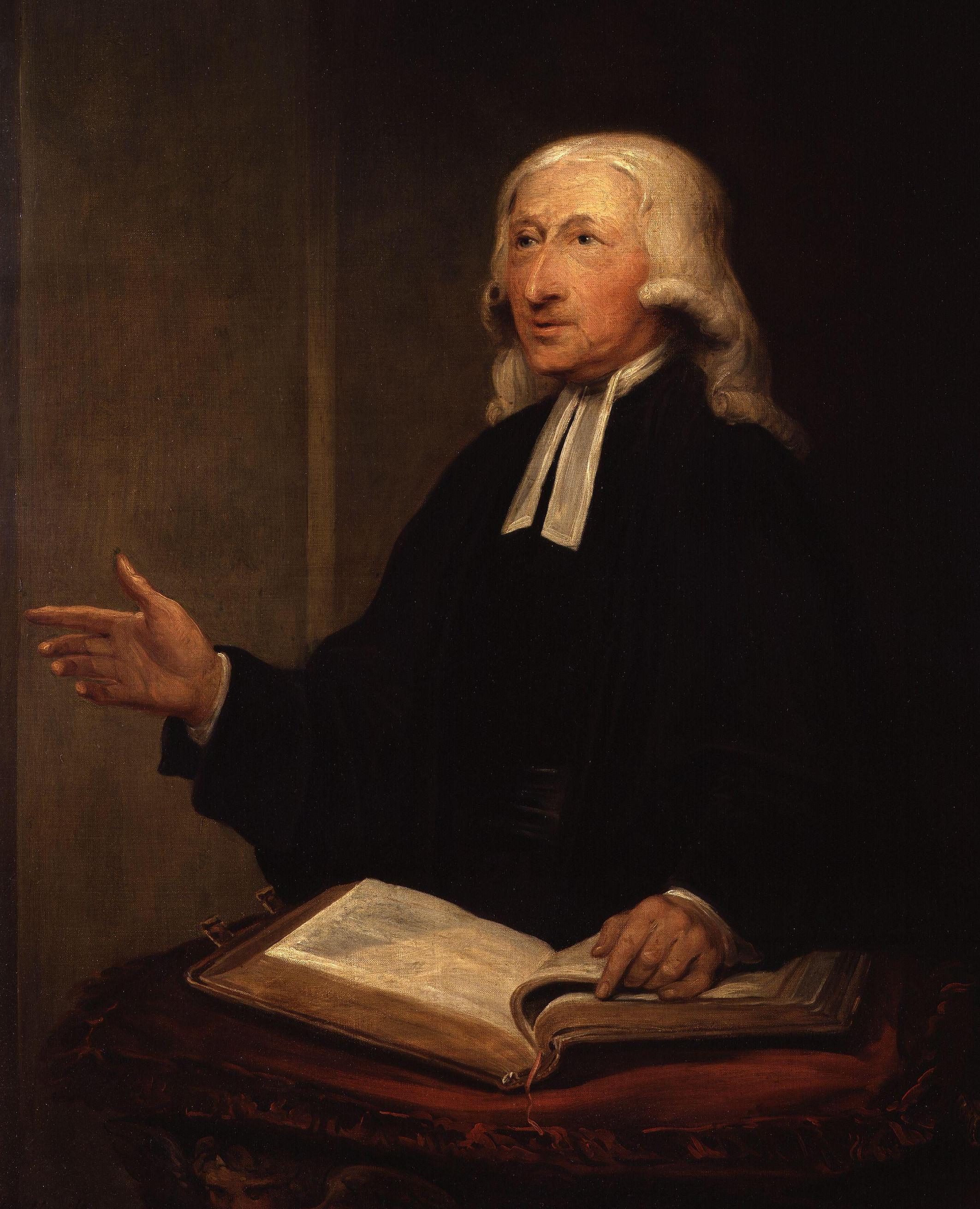The Old Testament and the New Testament readings on the 9th Sunday after Trinity reminds us of the meaning and need of this present time, a perilous polarising time when the soul of the church and the world and most especially when the integrity of the Christian faith are at stake. In order to discern and know the need and meaning of this time, the two main texts – from Jeremiah and Luke highlights God’s identity and role in the midst of human unfaithfulness especially in an age of false prophets and preachers. Theologically, the two texts reveals a God who laments, a God who is pervasive yet near, and a God who speaks powerful words.
The lies that have invaded our politics is now redefining and influencing the Christian faith. Jeremiah 23 points us to a speaking God whose words are powerful and could be frightening. The reflection is that when the false prophets and preachers have their say, telling their dream from their minds, Christians as stewards of God’s word must speak the Word faithfully. The distinction between God’s Word and that of the false prophets suggests straw and wheat with nothing in common. The point is that, ‘while God’s word nourishes, it is no schmaltzy, accommodating, feel-good word. God’s word is like fire (that is, judgement — 4:4; 5:14) and like a “hammer that breaks a rock into pieces”’ (50:23; 51:20). Prophecies by Jeremiah like fire and hammer concerning the false prophets were not met with approbation but rather with anger and mocking. The false prophets responded negatively to Jeremiah’s pronouncements of judgement. The doctrine we preach reveals the truth or falseness of the preacher. Today, many false prophets that prophesy lies based on the deceit of their own hearts are causing God’s people to forget God’s name and His attributes. To discern and know the need of this time, ‘God is concerned about the ever-widening gap between God and God’s people as a result of people being led astray by false prophets.’ The lamentation and concern of God for this time is ‘not only for those who follow false prophets, but for the false prophets themselves.’
The words of Jesus from Luke 12 continue to leave a very disturbing, frightening statement and echo on earth ever since Jesus mentioned them more than 2000 year ago. Jesus said, “I have come to bring fire to the earth, and how I wish it were blazing already!” (v 49). The terrible opposition of the Pharisees and Scribes against Jesus continue to ‘mark the position of the apostate Church, even as it continue unto this hour … the Work of God will bring about persecution; regrettably, most of it will come from that which refers to itself as the “Church.”’ The question is, what do these words mean to you, the church and our nation today bearing in mind the distinction between God’s word and that of the false prophets and preachers? God’s identity and role through Jesus Christ in the midst of human unfaithfulness provides us an understanding of our perilous time and possible solution.
The lamentation and burden behind Jesus’ powerful message of fire to set the earth to be a blaze is not about end times but to bring about a fire in the hearts of men and women for God just as John Wesley experienced warmed heart. The character and the question of the heart is, “The heart is deceitful above all things, and desperately wicked: who can know it?” The answer to the question of the heart is fire. Fire as a multivalent biblical image can represent the presence of God – ‘think pillar fire in Exodus (13:17-22) and the tongues of flame at Pentecost (Acts 2:1-4). It can also represent eschatological judgement — in Revelation, Satan and his army are consumed by fire (20:7-10). Fire also represents purification — Zachariah (13:9) and Malachi (3:2-3) each refer to God’s intention to purify Israel like a refiner purifies silver by fire.’ The reflection is that, the comfortable complacency of the hearts of the false prophets and the people connects Jeremiah’s targets to Jesus’ listeners and today’s generation.
The problem of human unfaithfulness is the problem of human heart hence, God’s identity and role in the midst of human unfaithfulness is what Jesus is referring to calling down a fire from Heaven to cleanse our souls, to free us from the bonds and wages of our wrong doings and values. The fire Jesus is referring to is the fire that starts within human heart that empowers us to spread the undiluted Message of the Gospel to others. Just as John Wesley was filled with the 18th century awakening, Jesus wants us to be filled in our awakening to the call from the Holy Spirit thereby spreading God’s Word to all the world as our parish. Jesus under a sense of urgency ‘have come to bring fire to the earth,’ fire of repentance and revival in order for you and me to escape the fire of the final judgement.
For Jesus to bring fire of repentance and revival through His words to the earth will not be easy for those around us especially the false prophets, preachers and leaders, those who have ‘invested in the present order; those lured by the temptations of wealth, status, and power; and those who rule now will resist this coming kingdom for it spells an end to what they know and love.’ The reflection is that Jesus’ rule of peace brings division: “Do you think I came to bring peace on earth? No, I tell you, but division. From now on there will be five in one family divided against each other, three against two and two against three. They will be divided, father against son and son against father, mother against daughter and daughter against mother, mother-in-law against daughter-in-law and daughter-in-law against mother-in-law.” (Luke 12:51-53). Jesus’ Object was to bring peace. He is not the cause of division. Division is caused by the rebellion of men and women against the Gospel (II Cor 2:14-17).
Unlike the false prophets and preachers that prophesy and preach in God’s name, the Word of God is about the sharing of the truth and not making a compromise in what God has said so that we all can get along, hence the family, religious, and political divisions and splits. In the Gospel of John, Jesus made a statement about himself, people took stone (Jn 8:59).
Jesus’ word is not an excuse for divisive behaviour and our popular piety and agenda. To follow Jesus brings us to a decisive moment hence, the need to discern the time through the lens of God’s Word. Jesus’ identity and role is that of the purifying fire and the division cause by His word and presence is also healed by His word and presence. Our God is a consuming fire hence, His Church, His body, must have the fire. Just as God makes His angels ministering spirits, let us pray and ask God to make us His ministers, preachers, and prophets flames of fire in Jesus name.











Recent Comments